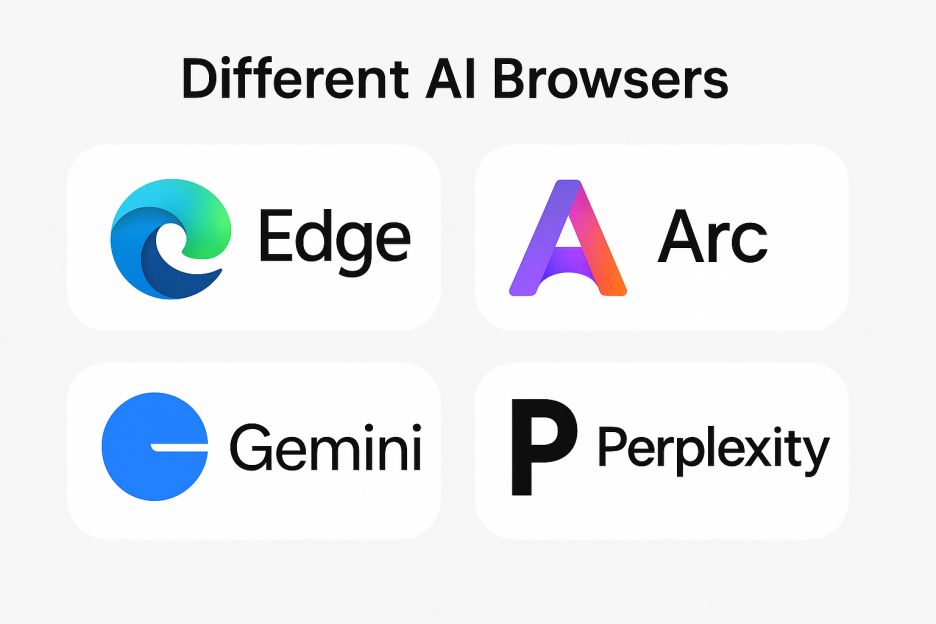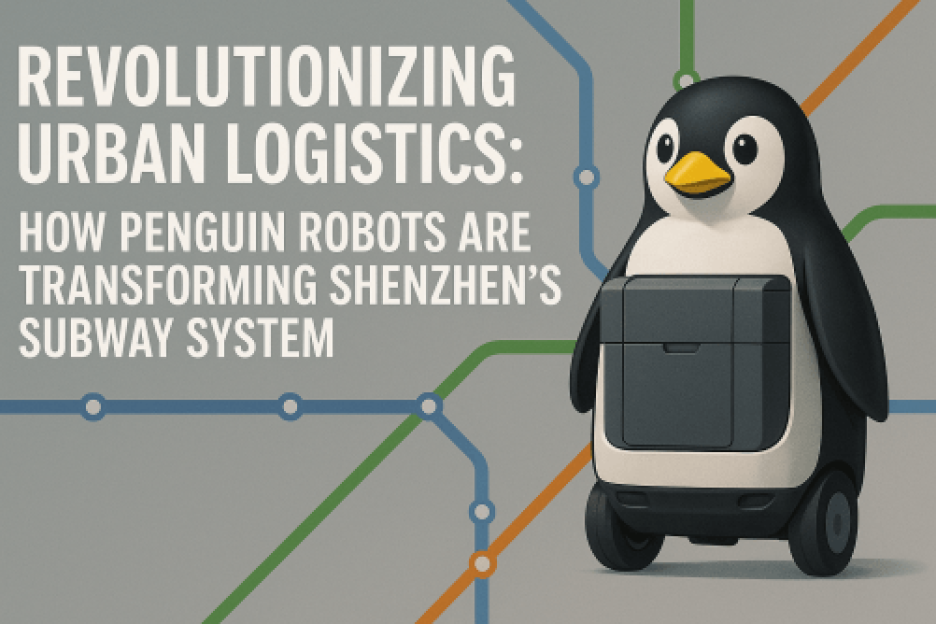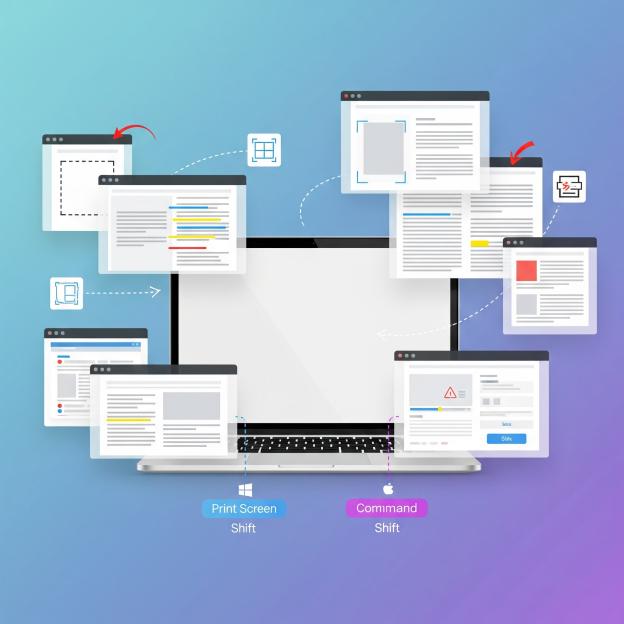In an era defined by digital transformations, the emergence of AI-powered browsers is ushering in a new phase for internet navigation. As companies such as OpenAI, Perplexity, and Opera unveil browsers that function more as intelligent assistants than mere webpage display tools, we find ourselves at a pivotal moment in online evolution.
These innovations bring both opportunities and challenges, which are set to redefine our web experiences.
The Ascendancy of AI in Browsers
The revelation presented by Tom’s Guide highlights a significant shift in browsers’ capabilities. Traditional browsers like Chrome and Firefox have long dominated the scene, serving primarily as vehicles to access and render web pages. However, the landscape is changing. AI browsers such as OpenAI’s yet-to-launch browser, Perplexity’s Comet, and Opera’s AI-enhanced offerings are introducing features that could revolutionize our online habits.
Intelligent Assistance on Demand
These AI browsers can autonomously:
- Summarize Content: They provide concise overviews without the user needing to sift through multiple sources.
- Automate Tasks: Functions such as setting up reservations or comparing products can be managed seamlessly.
- Streamline Navigation: Tabs and tasks are organized and managed efficiently, offering a clutter-free environment.
For instance, OpenAI’s browser integrated with GPT-4o promises task automation and content summarization, while Perplexity’s Comet goes a step further by tailoring user interaction through a premium subscription service. Opera, known for prioritizing user privacy, employs on-device processing to safeguard data while delivering helpful AI support.
Disruptions in Online Content Models
With AI opportunistically providing direct answers, there is a notable impact on web trafficâa critical concern for content creators and publishers. Traditionally, the internet’s economic ecosystem revolved around advertising revenue derived from webpage visits. AI, by drawing traffic away from these webpages, threatens this model.
The Future of Content Monetization
Without clicks leading to ad impressions, the viability of ad-supported free content is jeopardized. Publishers need to innovate alternative revenue streams, like Perplexity’s promising revenue-sharing models with content creators. Effective adaptation will be crucial for sustaining high-quality content in the age of AI.
A New Paradigm in Browsing: Conversational Surfing
Gone are the days of sequentially browsing through a list of links generated by search queries. AI browsers aim to reshape this by offering conversational search experiences. Users pose questions or requests, and the browser synthesizes responses from various sources. This not only saves time but also enhances the role of the browser as a workspace facilitator.
Privacy Implications
While AI-driven efficiency is welcome, it does bring privacy concerns to the fore. The necessity for cloud processing in many AI tools means potential data collection and usage for model training, raising questions about user consent and data protection. With regulatory bodies like the U.S. Department of Justice scrutinizing market leaders for dominance and data practices, the balance between user convenience and privacy is a pressing concern. Companies are urged to consider transparency and ethical data management as core aspects of their service delivery.
Preparing for What’s Next
As AI browsers become increasingly embedded in our digital lives, they are set to challenge our perceptions of information accessibility and trustworthiness. Their continued evolution will depend on how stakeholdersâincluding tech firms, regulators, content creators, and usersânavigate these changes.
In sum, the rise of AI browsers signals both an exciting and daunting future for the web. It is a landscape where convenience is juxtaposed with ethical considerations, where efficiency must be tempered with transparency. Engaging with this new era intentionally and thoughtfully will determine whether the web continues to serve as a democratizing force for information or veers into a restricted, commercial ride.







